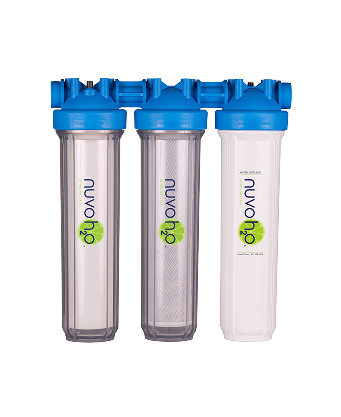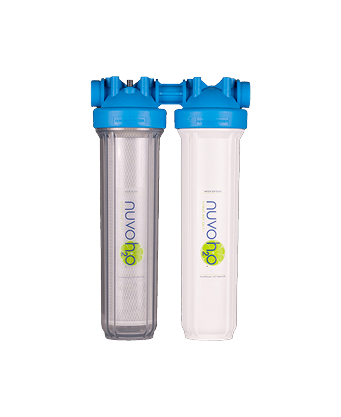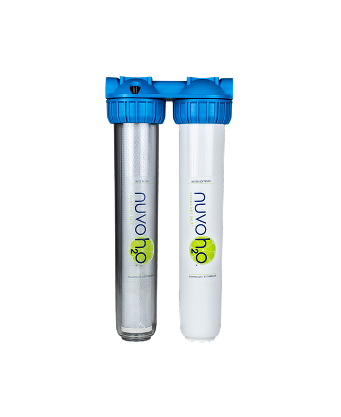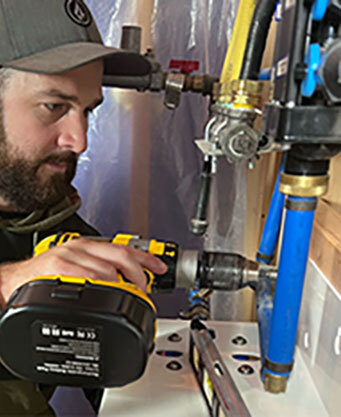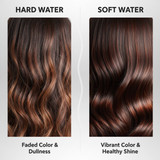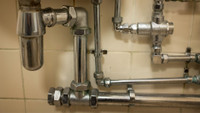
Should I Worry If I Have Galvanized Pipes?
9th Jan 2023
Most homeowners in the United States are concerned about hard water. Approximately 85% of them are affected by this type of water and the conditions that accompany it. However, softeners didn’t work well with old and decaying galvanized pipes. NuvoH2O’s water softeners are designed to soften your water through a unique citrus-based filtration system.
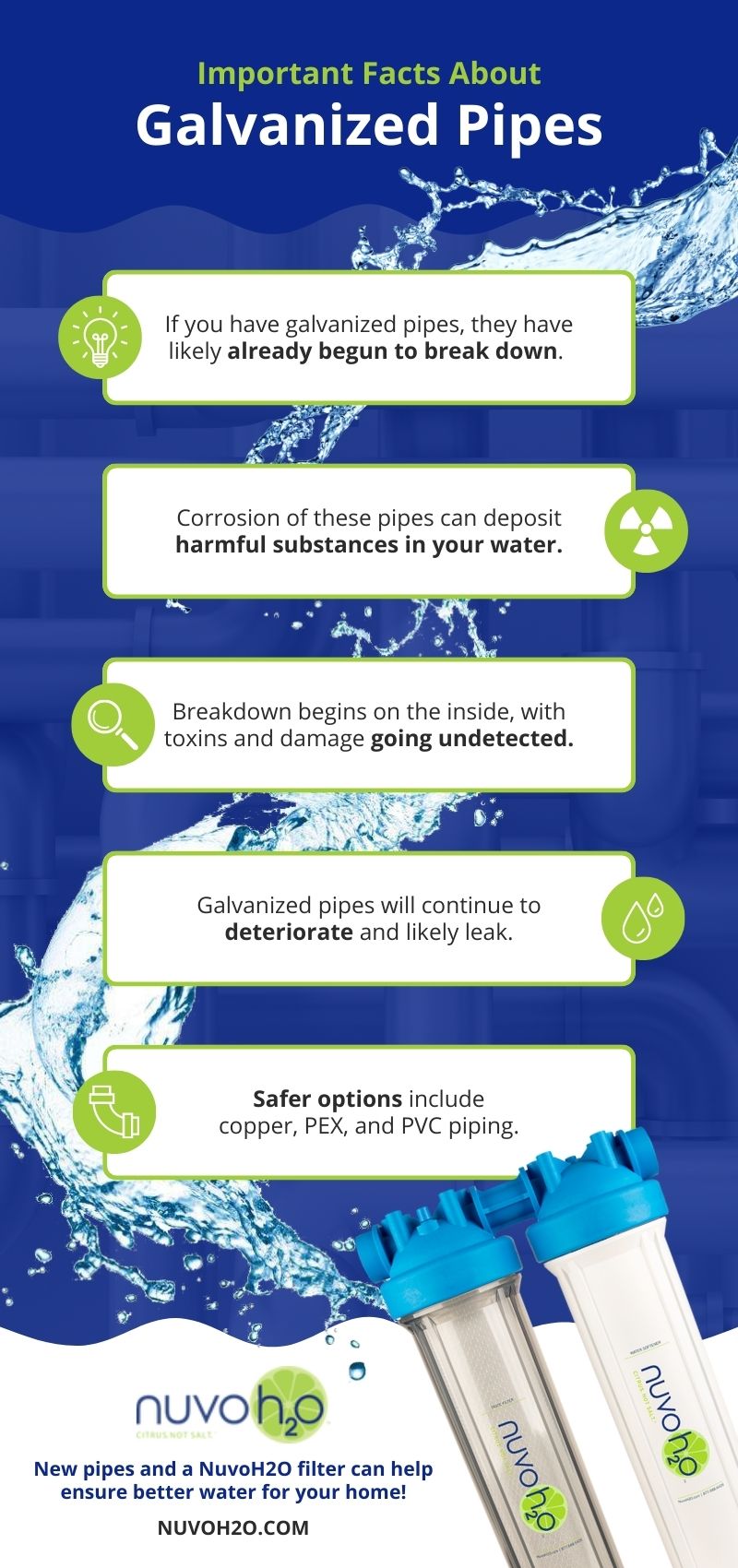
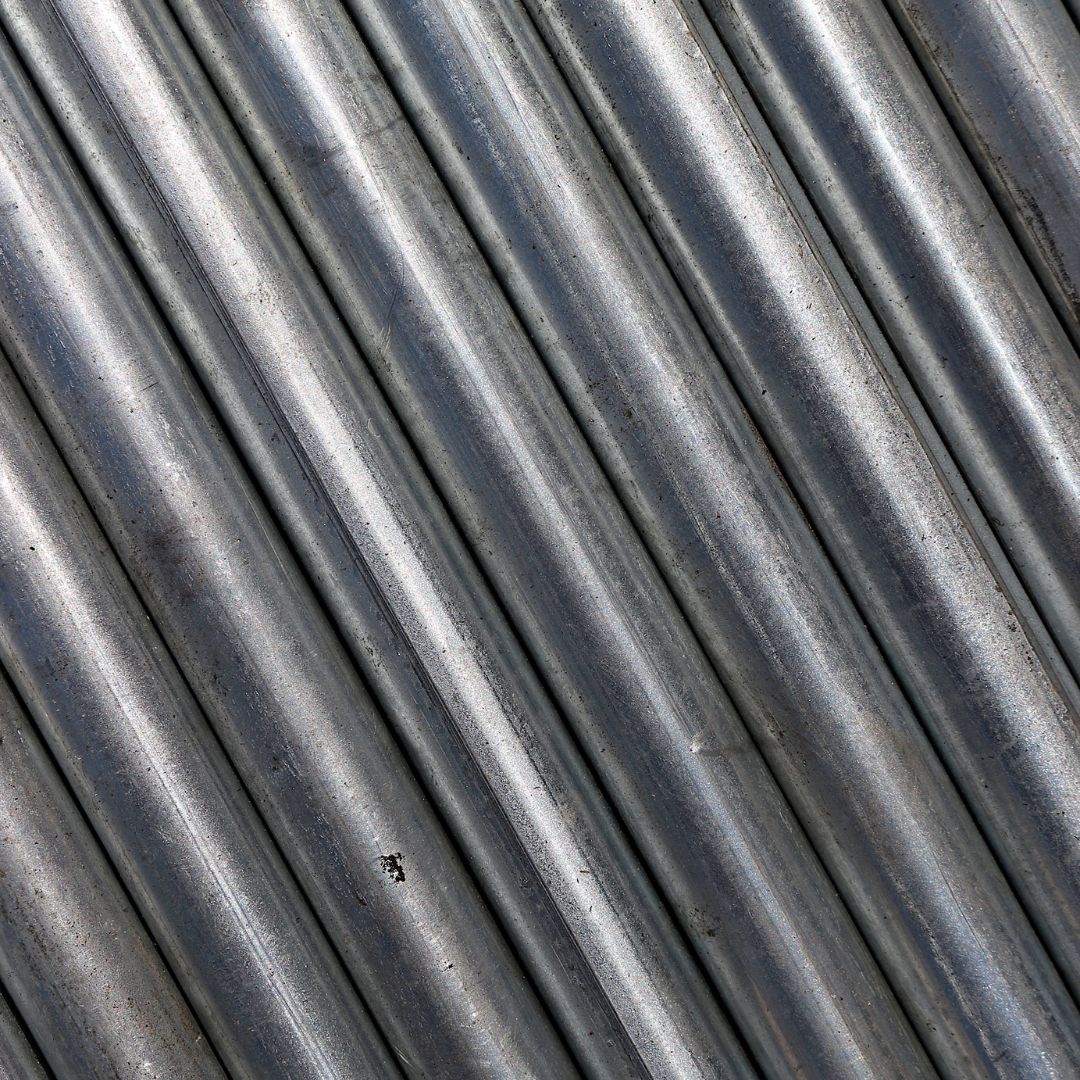
What Are Galvanized Pipes?
Steel pipes that have been zinc-coated are known as galvanized pipes. This practice (now known as galvanizing) arose as a result of the discovery that traditional lead piping causes lead poisoning. So, what's the big deal? The design of galvanized pipes helps prevent corrosion and rust on these steel metal pipes. Immersing lead pipes in molten zinc appeared to completely remove corrosion and rust. Unfortunately, people quickly realized that this is akin to putting a small patch on a large tear.
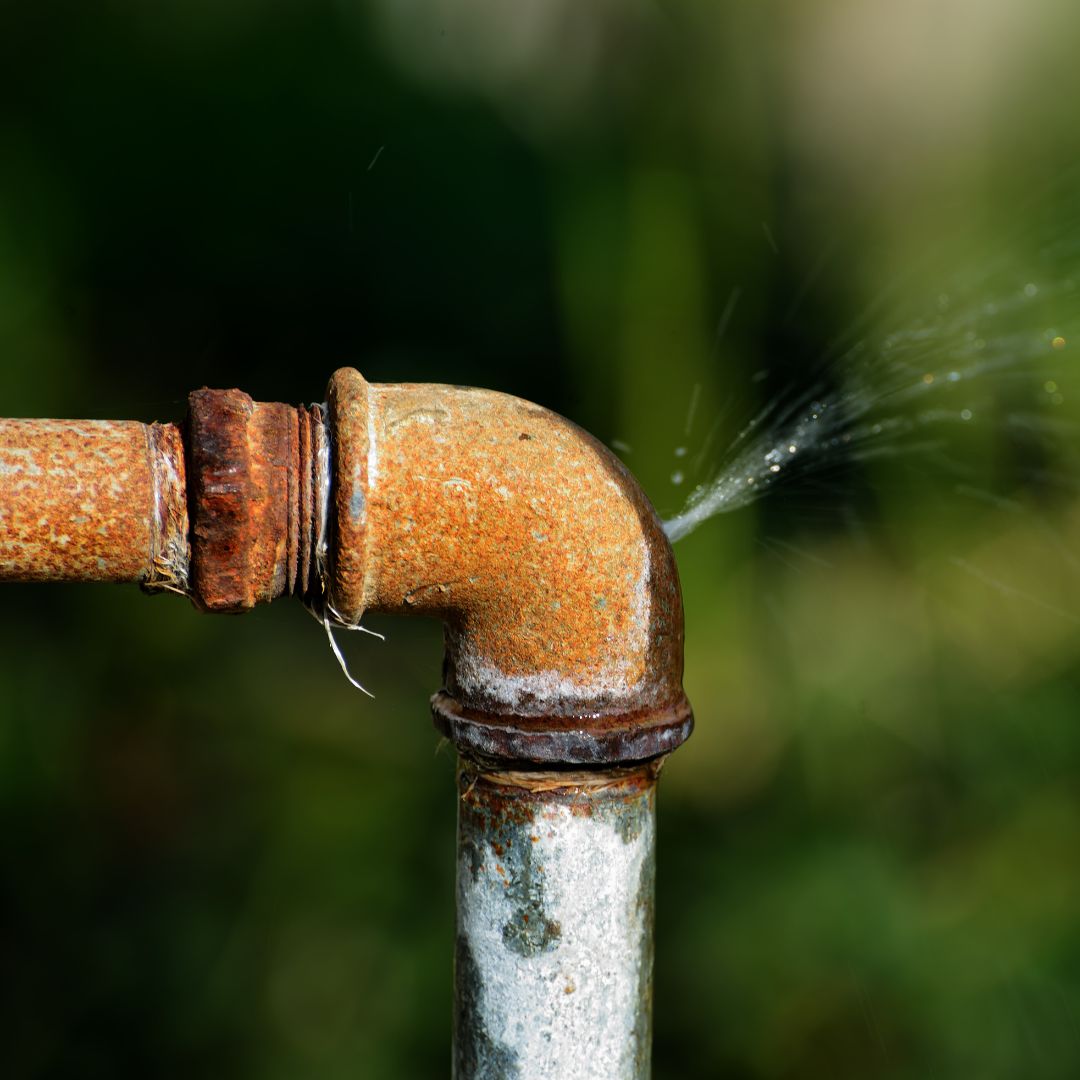
Why Are They Bad?
Galvanized pipes performed just fine for a number of years. However, after decades of wear and tear, it was discovered that the galvanized/zinc coating deteriorates, and corrosion sets in. Worst of all, rust often goes undetected because it begins on the inside. Small deposits of lead particles can also accumulate in the pipes and enter your drinking water.
Corroded pipes can cause a variety of problems aside from potential health risks. Here are some signs that your lines should be replaced as soon as possible.
- Corrosion or rust on the outside of your pipes causes leaks (usually around the joints). If the water in your home does not flow continuously, your pipes may be leaking.
- Water Discoloration: Iron and minerals in your pipes can cause discoloration. Rusted pipes can also be indicated by a simple brown stain around the faucet.
- Low water pressure is caused by corroded pipes. You might experience low water pressure as a result. It is possible that you have newer pipes if some taps have higher pressure than others.
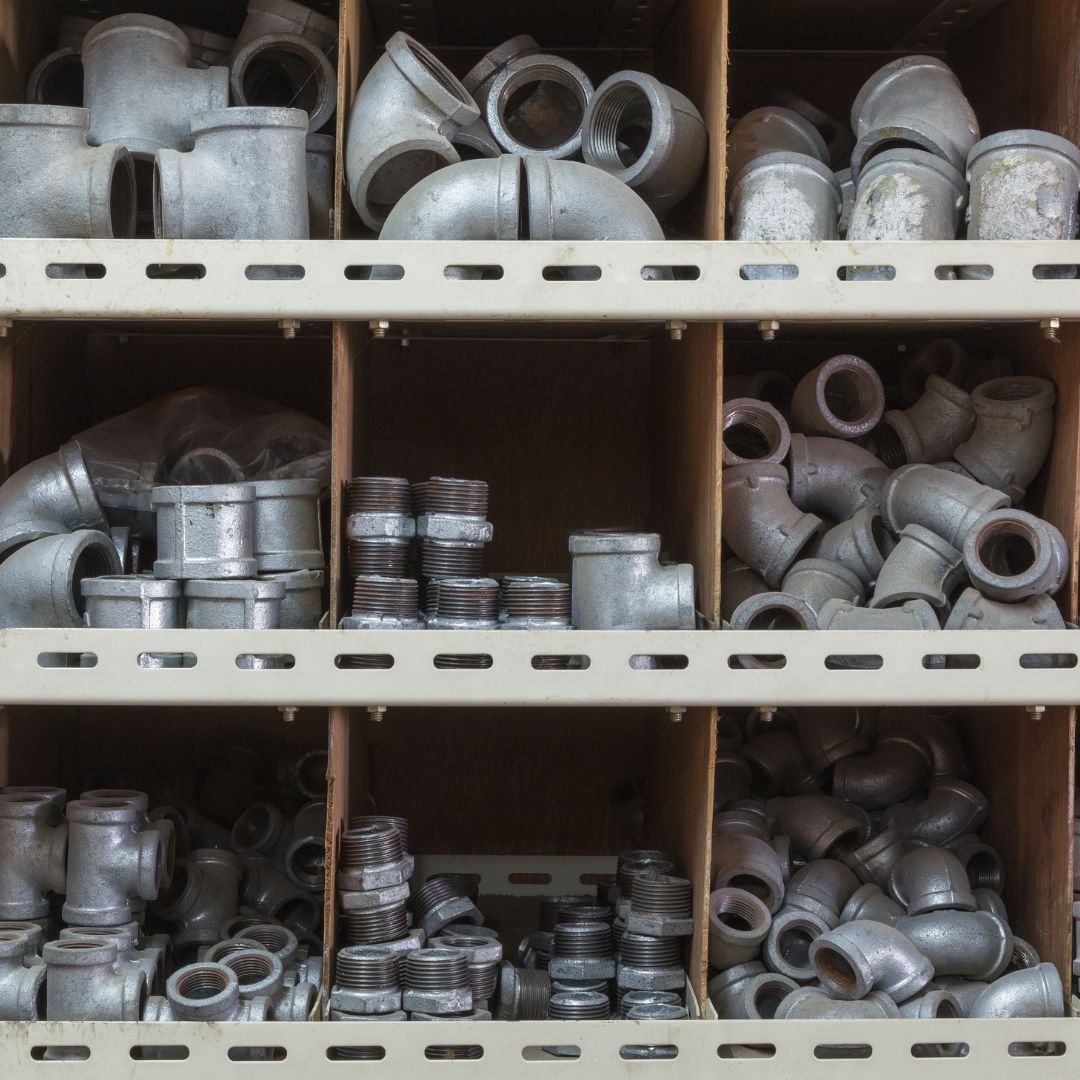 How Long Do Galvanized Pipes Last?
How Long Do Galvanized Pipes Last?
People expected this protective piping to last up to 100 years. In contrast, a poor galvanizing technique can reduce that time frame to less than 40 years. Given that galvanized pipes were not installed in homes until the 1980s (at most), your pipes have accumulated 40 years of wear and tear. Even when the galvanizing job was excellent, your lines are likely to be corroded substantially.
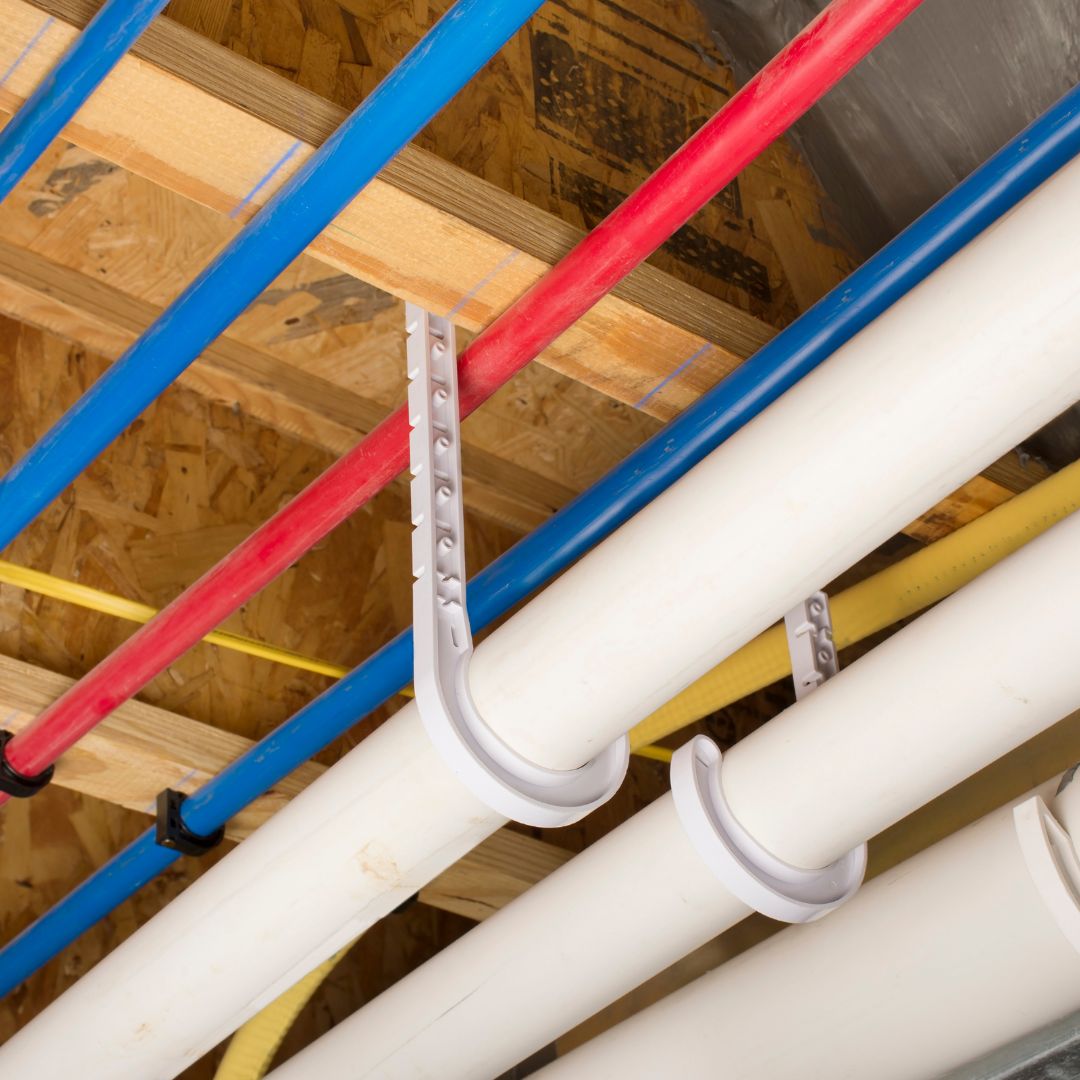
Safer Material Options
Regardless of how serious the water problem is, if you have galvanized steel pipes in your home, it’s recommended that you replace the pipes. They will only worsen, resulting in leaks and a potential health hazard. For older homes, whole-house repiping is probably the best option. Contact a local piping service in your area that can help with your plumbing solution.
For water systems with softeners, copper piping works very well and keeps your drinking water safe. Pipes made from PEX (cross-linked polyethylene) are a suitable material, as is plastic PVC (although it has the shortest lifespan, with an average of 25-40 years of use).
Hard water can harm your home and appliances, leave scale (hard water deposits), and deplete your bank account. NuvoH2O provides you with a line of top-rated water softener systems and water system cleaners to keep your water flowing without buildup or messy spots. Contact us today to see how our products can help you!

